Woman Getting Married
Woman Getting Married – Unique ideas for wedding venues, wedding decorations, wedding dresses, and more!
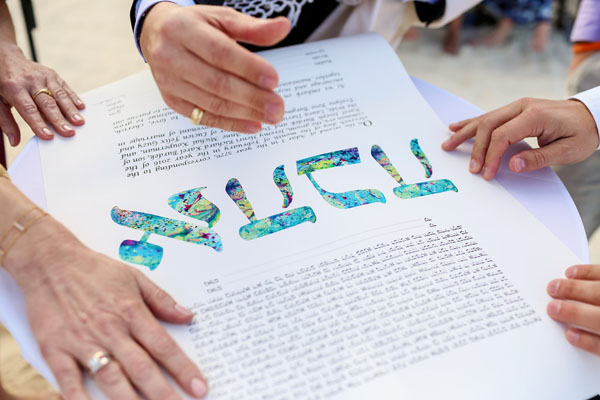
Photos by FineArt Studio Photography
Like any religious wedding, there are a ton of do’s and don’ts you’ll want to follow if you’re having a traditional Jewish wedding. But that doesn’t necessarily mean doing it by the book. Though you’re having a traditional wedding, it’s all about making it your own and incorporating your families’ traditions as well. Each Jewish wedding is different, and it’s important to speak with your rabbi and family members to ensure you are including all (or most) of the traditions which meet their requirements. From Orthodox to Conservative and Reform Judaism, each has its own practices and understandings of Jewish law.
Do:
Purchase a Ketubah Well in Advance
The ketubah is the Jewish marriage contract. Each Jewish wedding requires that the bride and groom sign a ketubah prior to marrying under the chuppah. You can order your ketubah online and there are several great resources including Ketubah.com and Etsy. You can also find them at a local Judaica store. We ordered ours from a boutique artist we found online at Ketubah-Arts.com. You’ll still need a marriage license from the state you’re getting married, though, so make sure to have both on hand the day of your wedding.
Order Personalized Kippah/Yarmulkes
It is tradition that all men attending the wedding wear a kippah for the wedding ceremony. We recommend ordering personalized kippah for your wedding ceremony with your names and your wedding date. A great resource for this is Kippah.com. Make sure to order these well in advance of the wedding day!
Have All the Relevant Items
Don’t forget to have all the necessary items on hand for your wedding day. These include the rings, civil marriage license, ketubah, kiddush cup, pen for signing your ketubah, kippah/yarmulkes, kippah clips or bobby pins, tallit, glass or light bulb for the breaking of the glass and wedding programs.
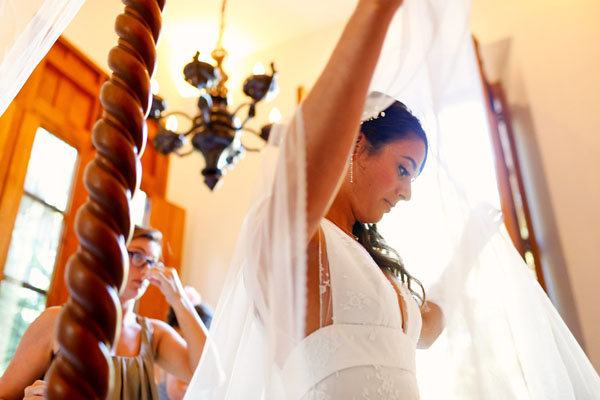
The Ketubah Signing
The ketubah signing traditionally takes place about a half hour before the ceremony. You’ll need two witnesses (which cannot be family). The ketubah signing also includes the immediate family as well as the bridal party.
Walk Down the Aisle at the Right Time
Call it superstition, but tradition says that the bride and groom should walk down the aisle when the minute hand is on the upswing. This means starting your wedding ceremony at half past the hour, like at 7:30PM or 8:30PM.
The Chuppah
The Jewish wedding canopy, the chuppah, represents the Jewish home. It traditionally a cloth canopy with four poles, and each side is open symbolizing hospitality. It can be decorated with flowers or draped according to your tastes.
The Circling of the Groom
When the couple meets at the chuppah, the bride circles the groom seven times which represents the seven wedding blessings and the seven days of creation. It’s a symbol that the groom is the center of the bride’s world. The couples can choose to each circle each other, so the symbolic meaning is reciprocated to the bride.
Sheva B’rachot (The Seven Blessings)
The sheva b’rachot includes seven traditional Jewish wedding blessings. The couple is wrapped in a tallis during the blessings in some traditions, and the couple can choose for the rabbi to say all of the blessings or honor guests to do so.
The Breaking of the Glass
You know the part at the end of the ceremony when the groom smashes his foot atop a napkin that’s placed on the ground in front of him? That’s the breaking of the glass. It’s representative of the destruction of the Temple in Jerusalem, reminding us of sadness even in the most joyous of occasions, which aims to makes the quality of joy more thoughtful. It also symbolizes that the broken glass cannot be put back together, reflecting the commitment of marriage. It’s for that reason that at the breaking of the glass, guests traditionally yell “mazal tov!” in celebration. We love the idea of bottling up the broken glass to keep in a mezuzah for the home.

The Hora
The Hora is a major part of the Jewish wedding. It’s the circle dance (or chair dance) that takes place at the beginning of the wedding reception. Guests hoist the bride and groom on chairs above the crowd to the traditional “Hava Nagila” song. Hava Nagila actually means “let us rejoice” and it’s an Israeli folk song sung at Jewish celebrations. Following the bride and groom can also be the bride and groom’s parents also being lifted up on the chairs. It’s a cheerful celebration and is usually a bit chaotic in character.
The Blessing of the Challah
The hamotzi, the blessing over the bread, begins the meal. It’s tradition to ask a family member to do the honors of the hamotzi. This usually takes place before the first course is served.
Don’t:
Ignore Shabbos
Booking your wedding on Shabbat is a definite no-no as far as tradition goes. If choosing a Saturday evening wedding, make sure it starts after sundown and that those who keep Shabbos have enough time to travel to your wedding. This includes your rabbi.
Serve Treif
The seafood tower? Not such a good idea. Treif (non-kosher foods) like pork and shellfish are considered prohibited and would likely be avoided by family and friends who observe that tradition.
Book Your Wedding on a Holiday
It’s advisable to not book your wedding on a Jewish holiday. It’s important to check the Jewish calendar when choosing your date and to respect the holidays, not just for yourself but for your guests and the rabbi.
Ignore Dietary Restrictions
If you’re choosing to serve non-kosher food, you should be aware of guests that may require their own meals. Before booking your caterer you should make sure you will be able to order sealed kosher meals, so you can ensure all guests will be well-fed and happy.
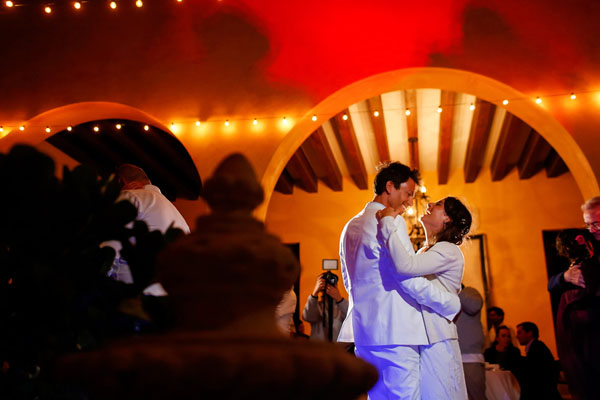
Disrespect Family Members
If you’re choosing to forgo certain traditions for your wedding, it’s important to remember you are also throwing an event that includes your closest friends and family. Just because you do not observe the Jewish religion the way they might, it doesn’t necessarily mean you you want to disrespect their wishes. If they really want you to include certain traditions, have a conversation about it and discuss what you might be willing to do.
The Do’s and Don’ts of Jewish Weddings
Woman Getting Married.

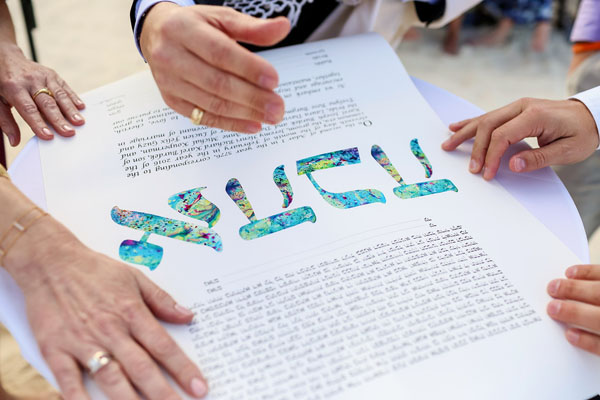
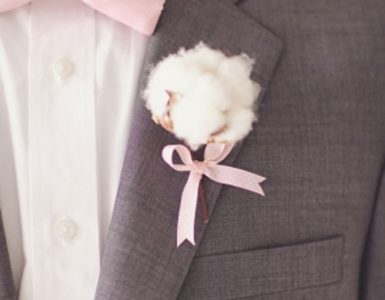
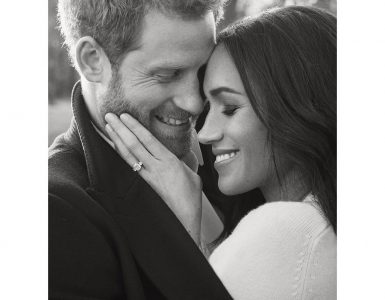
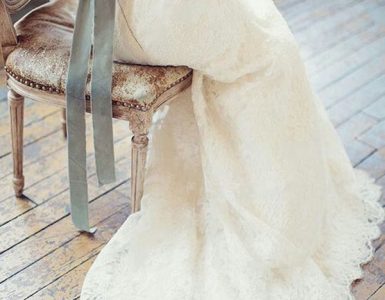











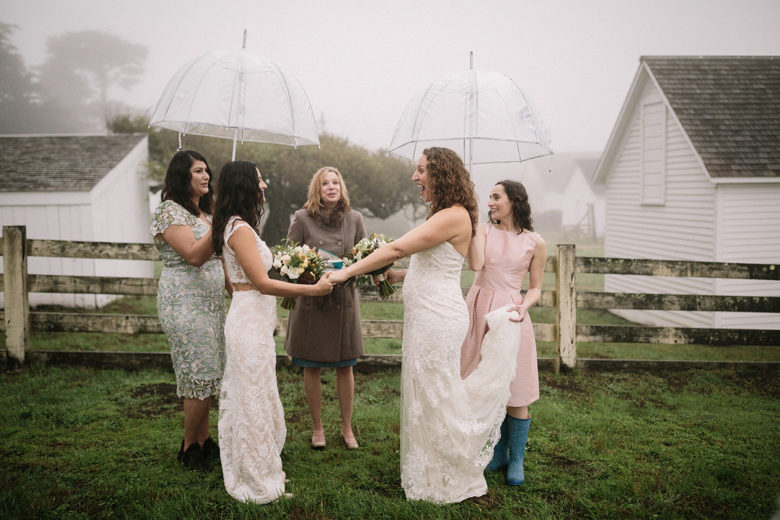
Add comment